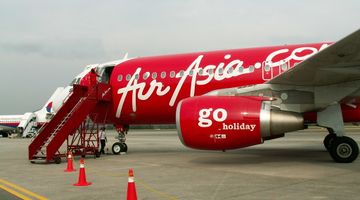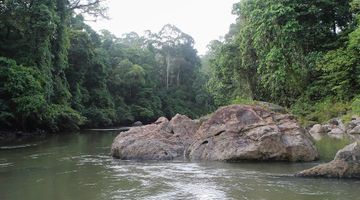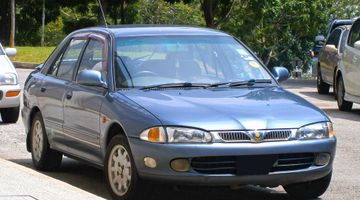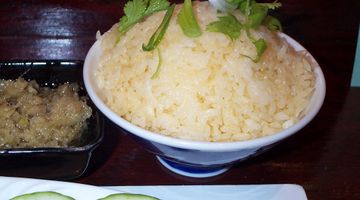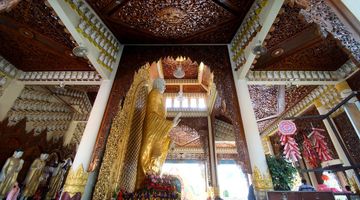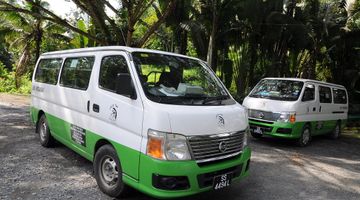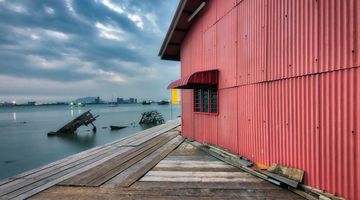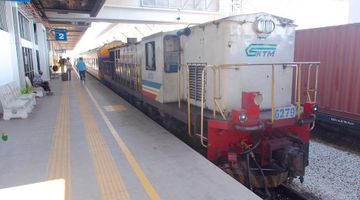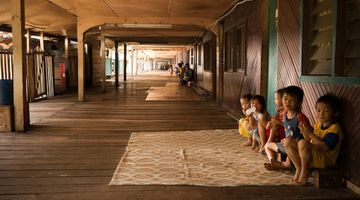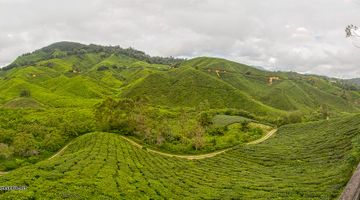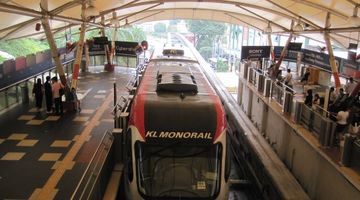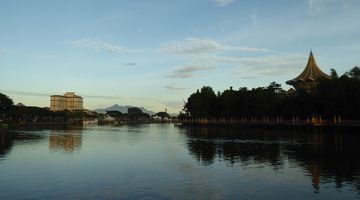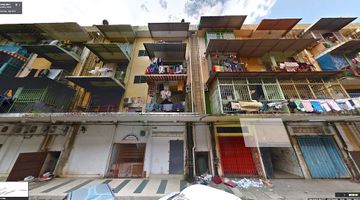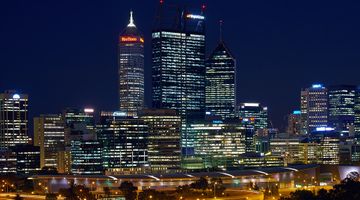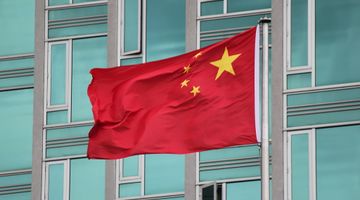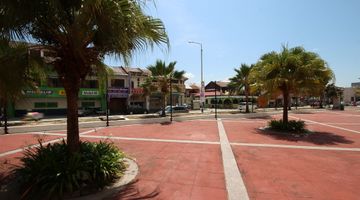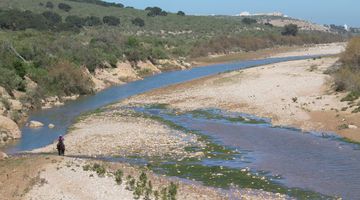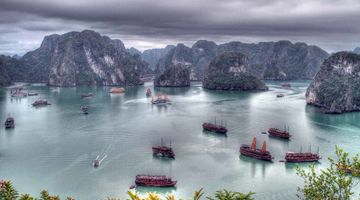Malaysia Best Travel Tips – From What to Pack to How Much It Costs
Are you planning to visit Malaysia sometime in the near future? If so, you may not be familiar with their culture and traditions and what to expect when you arrive. The following Malaysia travel tips cover everything from suggestions for planning your dream trip to the climate and must-visit festivals.
1. Planning
Before you start looking at brochures or begin daydreaming about Malaysia, there are a number of things you should know prior to travel. Malaysia is an Islamic country with a tropical climate, which may be very different to what you’re familiar with back home.
The country splits into two regions: West Malaysia on the peninsula that stretches from Thailand to Singapore and East Malaysia, which is part of Borneo. Most visitors spend their time in West Malaysia, which includes popular destinations like Kuala Lumpur, Penang, Langkawi as well as Johor Bahru, Malacca and Cameron Highlands. Some states including Kedah, Kelantan and Terengganu are very conservative and have an inadequate tourist infrastructure. Sabah and Sarawak, more geared towards eco-tourism, are in East Malaysia.
The most important thing to do before your trip to Malaysia is to plan your trip carefully. Some destinations in South East Asia (SEA) allow you to turn up and just roll with the punches. Malaysia isn’t one of them.
2. Visa
Most nationalities get a free 90-day visa on arrival in Malaysia. You don’t need to submit any documents or apply in advance. When the visa expires after three months, you can exit the country for a night or two and return to get a new 90-day visa. However, make sure you double check before you book your flight ticket.
Another piece of essential information regarding entering Malaysia as a backpacker is that tourists don’t really need to have a return flight as you can take the bus to Singapore or Thailand. Make sure you’re familiar with the routes out of Malaysia as you may need to explain to some airlines.
3. Budgeting
Compared to Western Standards, Malaysia is an inexpensive place to travel. Depending on where you want to go and the level of luxury, expect to pay anywhere from less than $50 to $200+ per day (including everything).
The most practical advice is to write down the attractions you want to visit and get an idea of admission fees. Be aware that foreigners often have to pay twice as much as Malaysians.
Hostels, hotels, guesthouses, homestays and CouchSurfing are popular too. You should be able to find any type of accommodation to suit your needs and budget in Malaysia.
4. Insurance
Travel insurance is a hot topic with some people adamant it’s essential and others not buying any at all. The risks involved in visiting Malaysia aren’t as high as going to other more dangerous countries. But, it’s also not considered to be the safest either. Petty crime is widespread, especially in Kuala Lumpur and it might be a good idea to get covered against theft or loss.
Another one of the insurance-related tips for planning travel to Malaysia is to buy flight insurance. Some airlines, such as Air Asia, are notorious for lengthy delays that may cause you to miss a connecting flight. Air Asia may also cancel the trip altogether and refuse to issue a refund. If you’re concerned about flights, visit the airline’s Facebook page and read people’s comments to get an idea of what their reputations are like.
5. Weather
The weather in Malaysia is hot, humid and at risk of sudden and torrential downpours. Unlike other parts of SEA to the north, Malaysia doesn’t have a distinctive wet and dry season because of its location on the equator. It can rain every month of the year, which often happens in the late afternoon or early evening. Don’t expect the clear blue skies and tropical paradise of some of Thailand’s islands. Instead, most days are sticky, overcast and stormy.
Another point to mention about the weather is that different parts of Malaysia have different monsoonal rains. For example, Kuala Lumpur gets the most substantial rain between November and March. However, Sabah and Sarawak get the southwest monsoon, which gives the most torrential downpours around June to October.
6. Food
One of Malaysia’s appeals is the availability of cheap and mouth-wateringly good food. A meal shouldn’t cost more than a few dollars from one of the street-side restaurants. You have the choice between Malay, Chinese and Indian foods along with a selection of international dishes too. One of the best travel tips Malaysia is to sample as much of the food as you can. Malaysia has some of the very best food in Asia, and it would be a shame not to sample it.
Eating street food is a little riskier as hygiene standards won’t be as high as back home. If you want to sample the snacks such as pisang goreng (fried bananas), satay (Malaysian kebabs) and other street-side snacks, use your judgement as to the stall’s level of hygiene. You don’t want to fall ill on the first day. The best travel tips for Malaysia are always to use your intuition on food quality and hygiene. If in doubt, don’t eat it.
7. What to pack
As mentioned above, Malaysia is a tropical country. The best type of clothing will be light, airy and comfortable. You may not feel comfortable wearing jeans where you’ll be sweating for hours. Likewise, shorts aren’t the best idea either as you’ll likely burn within a matter of minutes. The Malaysia travel tips for packing is to bring a selection of shorts, light bottoms, sandals and a hat. You’re not entering a fashion show. Make personal comfort more of a priority than looking your best.
The next thing to consider is bringing insect repellent. Mosquitoes are everywhere and getting bit is probably more of an inevitability than be unlucky. Taking precautions such as wearing something to cover your arms and legs after dark will help. It’s also possible to buy insect repellent when you arrive in Malaysia. Options include mosquito coils, electronic repellents and sprays.
Anyone who wants to visit the jungle or rural areas should research the risk of tropical diseases like malaria and dengue fever. Consult your doctor if you plan to enter regions with a high risk of disease. The risk is virtually zero in cities such as Kuala Lumpur, Penang and Kota Kinabalu.
Another one of the must-know Malaysia tips is related to medicine. Over the counter medication and painkillers are widely available at almost every pharmacy in the country. But, prescription or speciality drugs may not be as easy to get your hands on. Research what you can and can’t get and factor this into planning. Consult your doctor to get a larger prescription to take with you. It’s also a good idea to stock up on painkillers, anti-diarrheal, and rehydration tablets too, especially when you’re planning to get off the beaten path.
8. Currency
The currency in Malaysia is the Ringgit, which is widely available to exchange in SEA before you visit. However, it’s suggested to only change a small amount when you arrive. As with most countries, the airport’s rate is terrible. Only change enough to get you to the city.
Exchange offices are around most central areas in all major destinations in Malaysia. Some offer better rates than others, and it’s worth visiting a few to find the best ones, especially if you’re considering changing a reasonably large amount of money. After all, those extra few ringgits may pay for a delicious Nasi Kandar lunch.
Tourists who want to withdraw money when they reach Malaysia will have no problems. You can find ATM’s from the major local banks such as Maybank, CIMB and Public Bank along the streets and inside their branches. HSBC has branches and ATM’s around Malaysia too. If you’re travelling independently and are alone, it’s advisable to withdraw your money from inside the bank rather than the terminals in the streets. Check with your card provider and find out your fees to avoid nasty shocks when you return home.
A top Malaysia tip for people visiting as part of a more extensive SEA trip is to be savvy about where you buy Ringgits. In Vietnam, for example inside Ho Chi Minh City’s Ben Thanh Market, you can purchase Ringgits at around the official rates. And believe it or not, sometimes you may even get slightly better. If you’re in Vietnam, check the rates and if they’re good, buy your money for Malaysia there instead.
9. Booking in advance
It’s advisable to book hotels and long-distance transport in advance in popular destinations like Kuala Lumpur and Penang. Hotels tend to be affordable but may sell out during peak season and around holidays. You can easily get online and arrange a place to stay in a matter of minutes compared to spending hours searching when you arrive.
As for public transport, some routes sell out fast with locals and buses may only depart every hour or once or twice each day. Sometimes you can buy online; other times you can’t. It all depends on the station and route. Ask for advice from the hotel receptionist or get them to call the station to reserve a ticket.
10. How to dress
Malaysia is a conservative Muslim country, but not everyone is religious or practices Islam. Foreigners won’t be expected to dress in the same way as the locals especially in touristy areas. If you enter a mosque or religious building, you should cover your arms above the elbow and legs. Apart from that, you’re free to wear as you please.
That being said, if you dress in revealing clothes, expect stares and catcalls from some of the local men. Dress comfortably, but remember, you’re not sunbathing on the beach back home.
11. Other important tips
One thing to mention with Malaysia is to expect the bill to be higher than the advertised price in restaurants with a menu. Often you’ll see a price like this: RM 21++. The price is RM 21 before VAT, and other charges will be added later on. Be aware of this when you go to restaurants and don’t fall into the trap of assuming it’s cheap.
Another must-know travel tip in East Malaysian’s Kota Kinabalu is that you need to pay to use toilets in the shopping centres. And you also have to pay to use the same restrooms if you eat in the mall’s restaurant. But this only happens in Kota Kinabalu.
If you want to visit Malaysia for one of the many religious festivals such as Chinese New Year, Eid, Thaipusam, Deepavali or Christmas, expect life to go on as normal.
Because of multiculturalism, when one ethnic group has a celebration, the others don’t. So, places don’t completely shut down like Vietnam’s Tet. Just expected more congestion, higher ticket prices and a slight inconvenience for travel.
Conclusion
If you decide to visit this exotic SEA destination, follow these essential Malaysia travel tips to make sure you stay safe and get the most value for money. Having a holiday here will be different from other places in Asia. But at the same time the food, shopping and experience are unforgettable.

